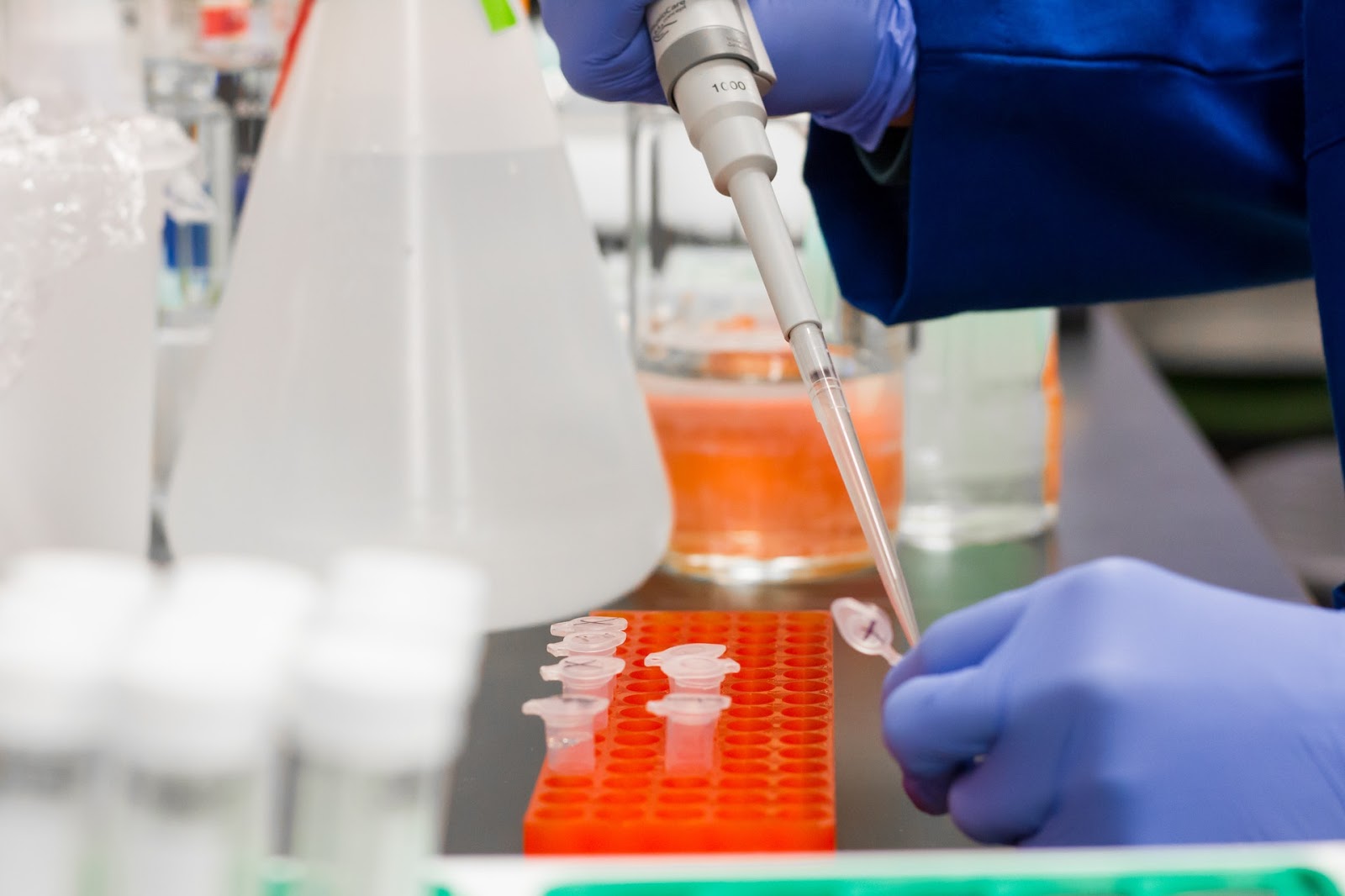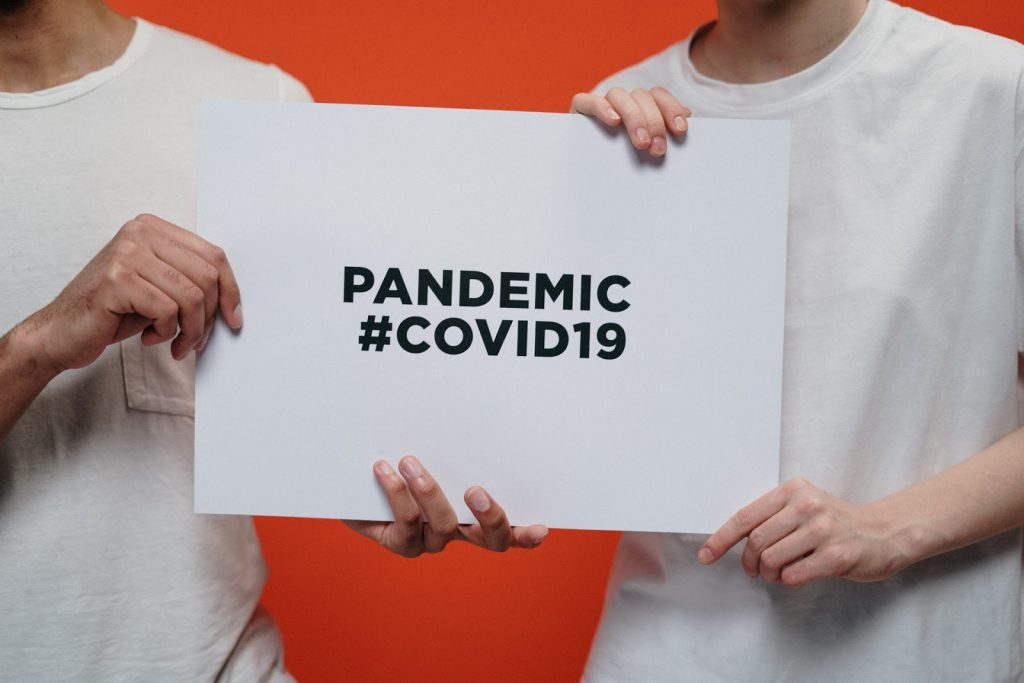What You Need To Know About the COVID-19 Vaccine
As of February 2021, several vaccines have been approved for the COVID-19 virus. Along with the Pfizer-BioNTech vaccine, there is also the SARS-CoV-2 Neutralizing Antibody ELISA Kit and several others. While having the vaccine available is a step in the right direction, there are still a few things you should know, according to most experts.
Scientific Data Related To the Safety of the Vaccine
Currently, the Moderna and Pfizer vaccines are being given based on EUA – Emergency Use Authorization – provided by the U.S. FDA (Food and Drug Administration). A committee from the FDA originally granted the EUA for the Pfizer vaccine on December 10, 2020 and the Moderna vaccine was reviewed a week later. There are several other contenders, including a potential vaccine approval from Johnson & Johnson, along with vaccines from several other big-name drug companies.
Keep in mind that EUAs are granted only if FDA scientists have carefully studied the data submitted to them. Peer review of the vaccine data comes later, which is another part of ensuring a vaccine’s safety, according to experts in the industry.
The Possibility of Getting COVID-19 From the Vaccine
Unlike other vaccines that have been used in the past, there is no live or dead virus in these. However, there is the possibility of developing “flu-like” symptoms, such as headaches, fevers, and fatigue after the first or second dose of the vaccine. Even so, most people have reported that the symptoms were gone after about three days.
The Effect the Vaccine Has on Your Body
The vaccines being created for COVID-19 utilize an “innovative” approach to disease control, since they involve the injection of mRNA. This replicates the spike protein that is found in the COVID-19 virus. Once the vaccine is injected, the body will start to create this spike protein and then begin to develop the antibodies needed to fight it. If you receive the vaccine and are then exposed to COVID-19, the antibodies that have been created in your body will keep the virus from getting into your cells and causing the infection.
Understanding the Vaccine’s Efficacy
The data that has been submitted for the Moderna and Pfizer vaccines has an estimated efficacy of at least 90% after the recommended two doses are given. Vaccine efficacy of 90% means that the vaccine can protect nine of 10 people from contracting this infection. Also, according to the data, vaccinated individuals have mild symptoms even if they are infected, and do not have to be hospitalized as often as those who have not received the vaccine.
Effectiveness of the Vaccine
It will take about a week after the second dose of the vaccine is given, or approximately a month after the first dose is given, for full efficacy. This means that it is still possible to be infected with the COVID-19 virus before receiving the second vaccination. That’s because the vaccine has not been in a person’s system long enough to provide the full level of protection. This is why it is important to continue focusing on the safety practices that have been put in place, including social distancing, good hand hygiene, and wearing face masks.
 Potential of Side Effects
Potential of Side Effects
The long-term side effects of the COVID-19 vaccine are not known. Since the vaccine has only been in use for just under three months, there is limited data about this. However, some short-term side effects may last for up to a week after the vaccine is given. These include the possibility of an allergic reaction, joint pains, muscle aches, headache, fever, feeling tired, and redness and pain at the injection site.
There are no studies on the side effects of the vaccine in pregnant or breastfeeding women or children. Most vaccines will affect children differently than adults, so it is necessary to ensure the COVID-19 vaccine is safe for children before administering it.
Vaccine Duration
While the vaccines being used prevented those in clinical trials from getting COVID-19 in the initial 90 days after the vaccine series was complete, there is no way to know if the protection will extend beyond that point. Moderna and Pfizer’s clinical trials began in late July, so there is limited data on the ongoing protection offered by the vaccines, and it is possible that the effectiveness may fade away and that an annual booster shot will be needed.
When it comes to getting the vaccine, it is important to educate yourself to determine if it is something you choose to get. It is a personal decision and one you must make for yourself.


 Potential of Side Effects
Potential of Side Effects